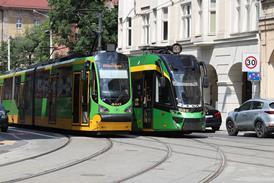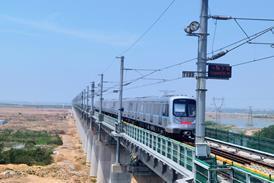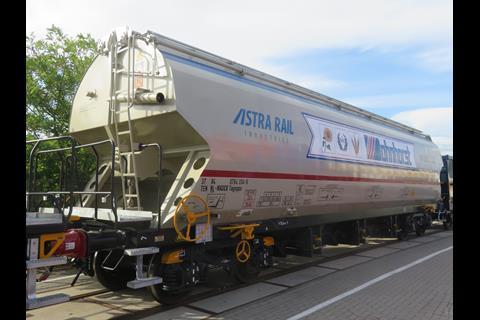EUROPE: The Greenbrier Companies and Astra Rail have announced plans to merge their European activities to form a company which would offer wagon manufacturing and repair services for customers in Europe, Eurasia and the Middle East.
Subject to EU regulatory approval of the deal, Greenbrier would have a 75% stake in Greenbrier-Astra Rail, with Astra Rail’s owner Thomas Manns holding the remaining stake and chairing the supervisory board. Greenbrier would pay Astra Rail €30m when the deal closes and €30m one year later, and the US-based company expects the transaction to be accretive to earnings per share by the end of the 2017 financial year.
Greenbrier-Astra Rail would have its headquarters in the Netherlands and include all the European operations of the two companies, with almost 4 000 employees. Greenbrier has three manufacturing and repair facilities in Poland including the Wagon Świdnica plant, as well as a sales office in Germany. Astra has facilities in Arad, Severin and Caracal in Romania and undertakes design work in Slovakia.
Announcing the planned transaction on October 13, Greenbrier said the combined business would have a greater scale in the European market, and would also target opportunities in the Gulf Co-operation Council countries and Eurasia. North American-style wagons for GCC customers would continue to be designed and produced under the direction of Greenbrier's US manufacturing team.
‘Greenbrier is committed to pursuing strategic opportunities for growth afforded by shifts in global demand’, said Greenbrier Chairman & CEO Bill Furman. ‘Greenbrier-Astra Rail extends our core competency in freight railcar building, aftermarket services and engineering for all railroad gauges, with a network spanning from North and South America to all of Western Europe, the GCC and Eurasia. This will be a significant and positive step in our strategy for diversification, and Astra Rail is a great partner. They bring new products to us as we do to them, and our present businesses are not directly competitive.’






















